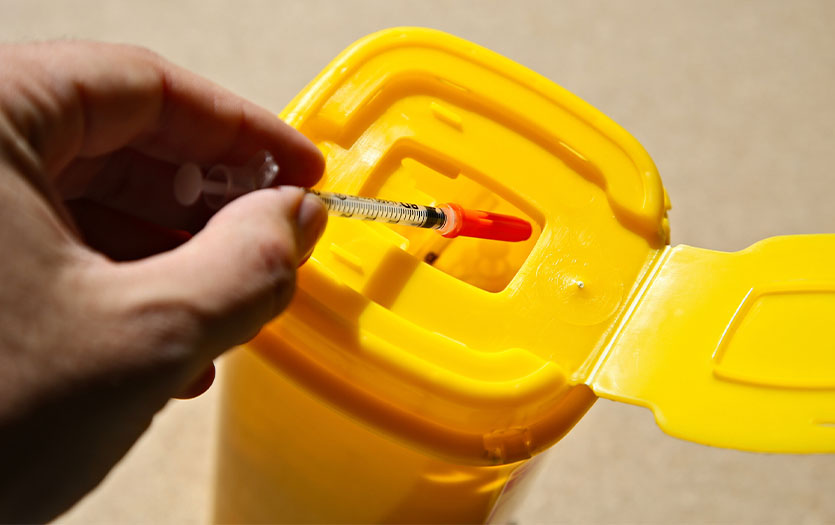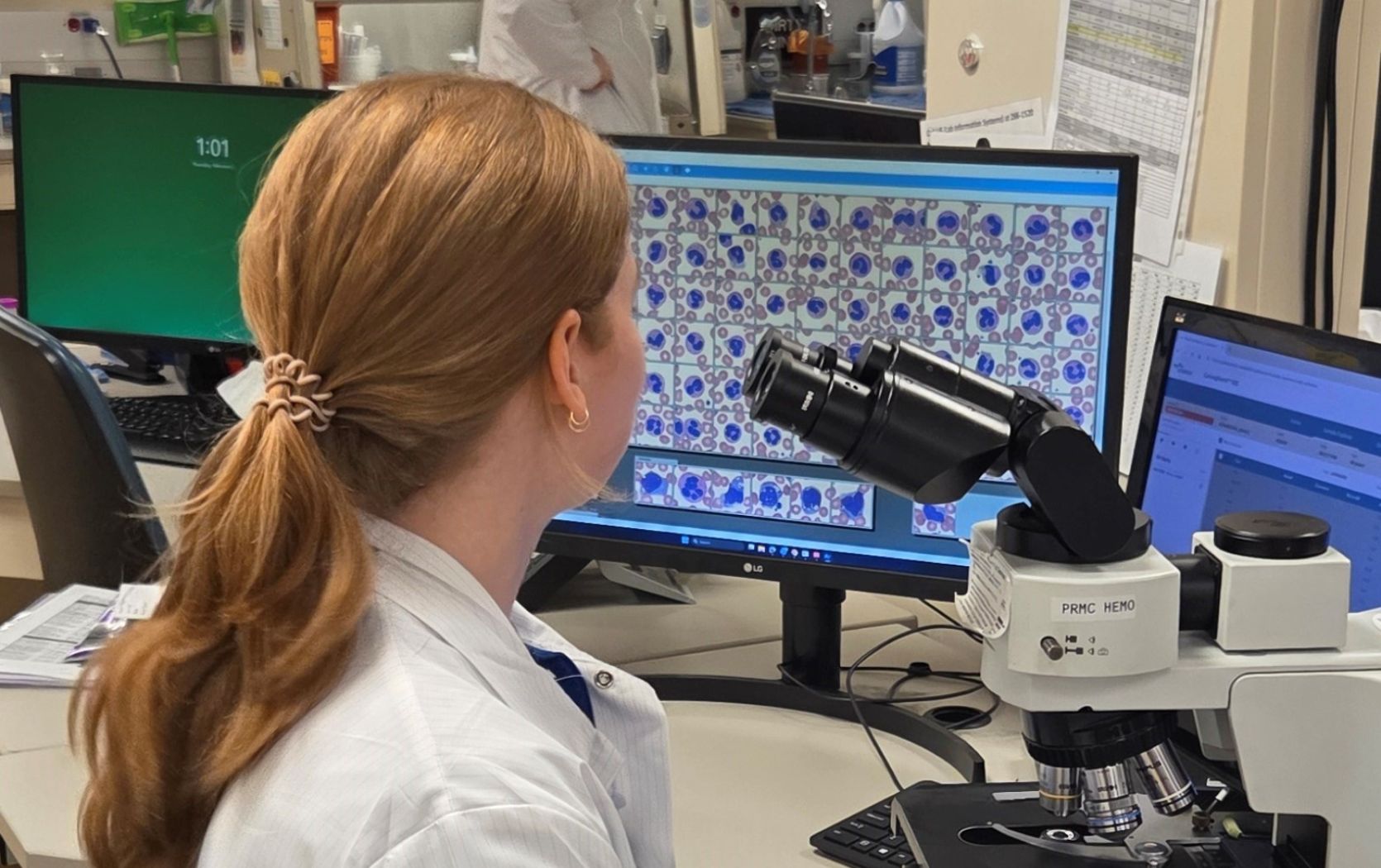
This post was written by Mary Lou Sorg, RN, BC, CDCES, diabetes care education specialist, Diabetes Care Services, Parkview Health.
If you use insulin or other injectable medications, you probably go through a significant amount of supplies. A report published by the National Institutes of Health indicates that over 7.5 billion needles and syringes are used each year outside of the healthcare system. This figure includes individuals with diabetes, migraines, allergies, infertility, arthritis, HIV, hepatitis, multiple sclerosis, osteoporosis, psoriasis and other conditions that require self-injection. While these devices often deliver life-saving medications to their users they can pose a serious risk when not thrown away properly.
What are sharps?
In medical terminology, "sharps" refers to any objects that have sharp points or edges and can potentially cause injury or puncture the skin. These items commonly include:
-
Medicine pens
-
Vials
-
Cartridges
-
Syringes
-
Needles
-
Lancets
Risks
Properly disposing of sharp items is important to prevent injury or the spread of infections such as HIV, Hepatitis B or C. If a used sharp item injures a person, they may need testing, treatment to prevent disease and counseling.
People who can be at risk for needle injuries from improperly disposed of sharp items are sanitation workers, environmental personnel and children. Improperly disposed of sharps can also injure pets and other animals.
Disposal
All sharp items must go into a sturdy container before being discarded. A good at-home sharps container should be made of heavy-duty, puncture-resistant plastic or metal with a tight-fitting lid. It should be leak-resistant and sit upright and stable when in use.
You can buy sharps containers at some pharmacies and online medical supply retailers or get them for free from some drug manufacturers. For example, Novo Nordisk® will provide sharps containers along with shipping containers for the disposal of sharps if you are using one of their products. A coffee can, laundry detergent, or rinsed-out bleach bottle are also good options.
Once your container is two-thirds full, secure the lid tightly, put duct tape around the lid, and write "SHARPS" on the side with a permanent marker. Dispose of the entire container in your standard trash can. Do not put it in your recycling bins. Sensor applicators for continuous glucose monitors need to be securely twisted together before being thrown in the regular trash.
Learn more
If you have additional questions or concerns about managing your diabetes diagnosis, call Parkview Diabetes Care Services at 260-373-4280 to speak with a diabetes educator, registered dietitian or lifestyle change specialist.
For more information specific to your state, call Safe Needle Disposal at 1-800-643-1643, visit their website here, or email [email protected].
Resources




